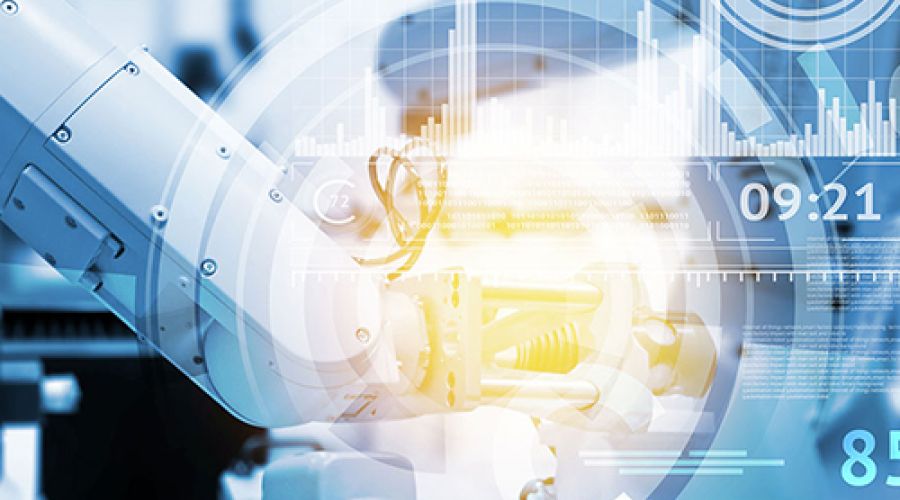
The Knowledge Industry in the Age of Industry 5.0
The knowledge industry, encompassing research, consulting, digital transformation, and professional services, stands at the forefront of Industry 5.0 implementation. This sector uniquely combines human expertise with technological advancement to drive innovation across all industries. Drawing from both SINTEF’s research insights and Knowit’s implementation experience, the sector demonstrates how to balance technological capabilities with human-centric values and sustainable practices while generating and applying knowledge to solve complex societal challenges.
The knowledge industry sector is reimagining its approach to technology development with humans at the center. Rather than replacing human workers, organizations are creating applications that complement and enhance human capabilities. This includes developing explainable AI solutions that maintain human oversight and understanding of AI decisions and that partner with human knowledge workers. The sector emphasizes continuous learning and adaptability, fostering environments where employees can develop both broad knowledge and deep expertise. This approach combines technical innovation with strong emphasis on ethical considerations and human values in technology development.
Environmental responsibility has become integral to the sector’s operations and service delivery. Companies are setting ambitious targets, with firms like Knowit committing to halve CO₂ emissions by 2030 compared to 2019 levels. This commitment extends beyond internal operations to ensure that a significant portion of net sales contribute to UN Sustainable Development Goals. The industry is pioneering energy-efficient AI models and sustainable cloud computing solutions, recognizing that environmental impact must be considered at every stage of technological development. These efforts are complemented by resource-optimized development practices and the implementation of AI and IoT solutions for improved resource management across operations.
The sector is building resilience through a multi-faceted approach to technological and organizational adaptation. Cloud and edge computing solutions are being implemented with advanced cybersecurity measures, including zero-trust architectures, to ensure operational continuity and data security. Agile development practices enable quick responses to changing market conditions and client needs. Companies are leveraging AI and big data analytics for early detection of potential disruptions, allowing proactive rather than reactive responses to challenges. This approach to resilience extends to workforce development, with an emphasis on creating adaptable teams of knowledge workers capable of navigating technological change.
Innovation Examples
The sector’s innovation, particularly in IT services where SINTEF and Knowit operate, is exemplified through several key developments. Cross-functional integration has led to more effective product-oriented software development, bringing together diverse perspectives to create more comprehensive solutions. Advanced cybersecurity solutions are being developed that protect against emerging threats while maintaining privacy, essential for building trust in digital transformation initiatives. Perhaps most significantly, the sector is pioneering energy-efficient AI and cloud services that demonstrate how technological advancement can coexist with environmental responsibility
Conclusion
The knowledge industry sector’s transition to Industry 5.0 requires a balanced approach that combines technological innovation with human and environmental considerations. Success factors include:
- Investment in continuous learning and skill development programs
- Implementation of energy-efficient technologies and sustainable practices
- Development of responsible AI frameworks that ensure ethical implementation
- Creation of inclusive workplaces with balanced gender distribution in leadership
- Establishment of strong collaboration between industry, academia, and government
The sector must lead by example in implementing Industry 5.0 principles while enabling other industries to make similar transitions. This includes fostering international cooperation, sharing best practices, and developing standards for responsible technology implementation.
Leave a Comment
You must be logged in to post a comment.